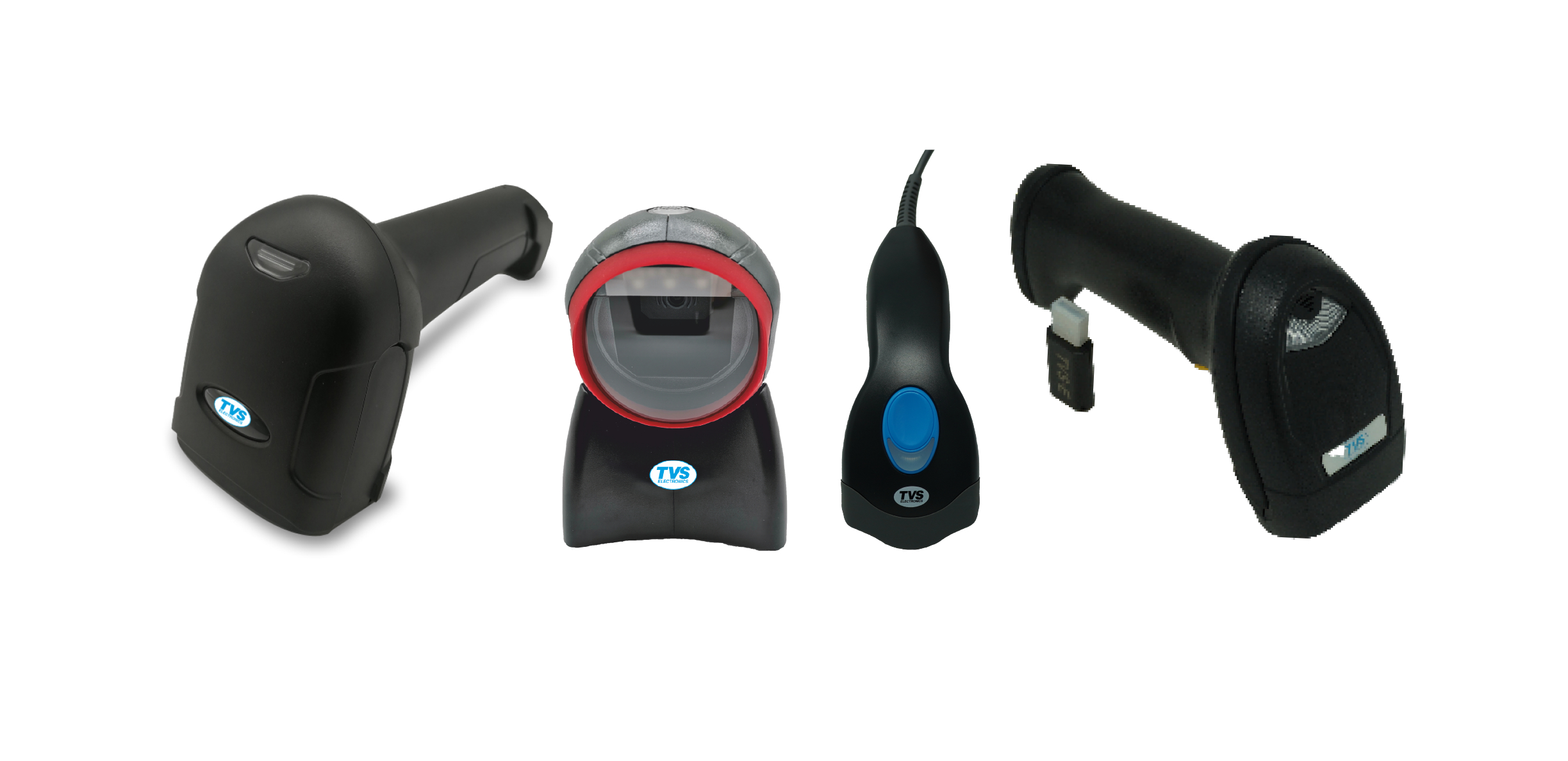Reliable Barcodes Scanners for Streamlined Inventory Management
Reliable Barcodes Scanners for Streamlined Inventory Management
Blog Article
Why Barcode Scanners Are Vital for Modern Retail and Warehousing
In the quickly developing landscape of retail and warehousing, the assimilation of barcode scanners has ended up being a critical component in streamlining procedures and boosting precision. By automating information access processes, these gadgets not just decrease human error however additionally dramatically improve inventory monitoring and check out efficiency. As services make every effort for competitive advantage, understanding the multifaceted advantages of barcode modern technology discloses its vital duty in maximizing source allocation and promoting robust vendor partnerships. The effects of these advancements raise additionally questions about the future trajectory of barcode technology and its effect on market requirements.
Advantages of Barcode Scanners
Barcode scanners use many advantages that considerably improve operational performance in retail and warehousing settings. The automation of data entry refines gets rid of the errors typically related to manual input, leading to enhanced accuracy in stock monitoring and sales purchases. With the capacity to swiftly scan items, services can speed up check out times, boosting the customer experience and reducing delay times.
Moreover, barcode scanners promote real-time data collection, enabling for instant updates to inventory degrees and sales documents. This capability enables businesses to respond without delay to modifications popular and maximize stock degrees, decreasing excess supply and reducing stockouts. In addition, the combination of barcode scanners with inventory administration systems streamlines processes such as order gratification and product returns, additionally boosting functional performance.
By reducing labor costs associated with manual inventory management and lessening mistakes that can lead to monetary losses, barcode scanners contribute to general earnings. Generally, the implementation of barcode scanners is a tactical investment that yields significant returns in performance and functional excellence.
Enhancing Inventory Management
Effective supply monitoring is essential for preserving functional effectiveness in retail and warehousing settings. Barcode scanners play a critical function in this process by streamlining the tracking of supply levels, product areas, and stock activities. By automating information capture, these devices minimize human mistake, causing more precise inventory documents.
Utilizing barcode scanners enables real-time presence into stock quantities, enabling companies to make educated choices pertaining to reordering and stock rotation. This immediacy aids avoid overstocking or stockouts, both of which can adversely affect customer fulfillment and revenue margins.
Moreover, barcode scanning assists in efficient supply audits. With fast scanning capacities, team can conduct stock checks swiftly, guaranteeing that discrepancies are identified and fixed immediately. Enhanced stock precision not just sustains operational performance but likewise reinforces partnerships with providers, as exact information can bring about far better negotiation terms and boosted order fulfillment.

Improving Checkout Effectiveness
As consumers progressively demand quicker and much more effective purchasing experiences, boosting check out procedures has actually come to be a top concern for merchants. Applying barcode scanners plays a pivotal role in this endeavor, significantly simplifying the purchase procedure. By enabling cashiers to scan products rapidly, barcode technology decreases the moment invested in each sale, therefore shortening overall wait times for consumers.
Furthermore, barcode scanners promote the exact recognition of items, reducing the capacity for mispricing and making certain that consumers are charged correctly. This efficiency not just improves customer complete satisfaction however also boosts the merchant's functional performance. additional hints With the capability to process numerous products in quick sequence, stores can take care of high volumes of deals during peak buying hours without compromising solution top quality.
In addition, incorporating barcode scanners with point-of-sale systems makes it possible for real-time stock updates, offering useful understandings right into supply degrees. This immediacy enables merchants to handle inventory more effectively, making certain that preferred items continue to be in stock and decreasing the probability of shed sales. Generally, the fostering of barcode scanning innovation is important for enhancing check out performance, eventually causing enhanced client experiences and raised sales for merchants.
Lowering Human Error
In retail and warehousing settings, the implementation of scanning innovation significantly minimizes human mistake during purchases. Standard hand-operated entrance of item information is vulnerable to errors, including inaccurate prices, misidentified products, and data entry mistakes. barcodes scanners. Barcode scanners improve this process by automating the capture of item information, ensuring accuracy and uniformity
By using barcode scanners, workers can swiftly scan things rather than by learn this here now hand inputting information. Barcode scanning mitigates these risks by enhancing the precision of stock matters and sales records.
Furthermore, barcode scanners boost liability within the labor force. On the whole, the fostering of barcode modern technology is an essential step towards achieving operational excellence in retail and warehousing settings.
Future Fads in Barcode Innovation
The development of barcode innovation is poised to change retail and warehousing operations in the coming years, driven by advancements in automation, data analytics, and mobile integration. As industries significantly embrace Internet of Points (IoT) systems, barcode scanning will certainly come to be important to real-time inventory management and supply chain optimization. Boosted data analytics capacities will make it possible for services to harness checked details for anticipating analytics, enhancing need projecting and supply turnover.

In addition, the combination of expert system with barcode technology guarantees to streamline procedures with clever acknowledgment and error detection. As maker learning formulas evaluate scanned data, they can supply understandings that aid stop stockouts and overstock scenarios.

Conclusion
Finally, barcode scanners play an essential role in contemporary retail and warehousing by boosting inventory management, improving check out effectiveness, and dramatically lowering human error. The assimilation of barcode technology not only streamlines operations yet additionally promotes better provider partnerships and enhances resource allocation. As innovation continues to evolve, the future of barcode scanning assures more innovations that will drive operational effectiveness and productivity in increasingly open markets.
Report this page